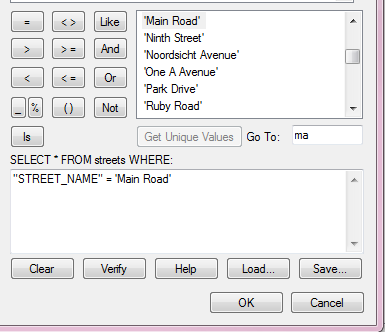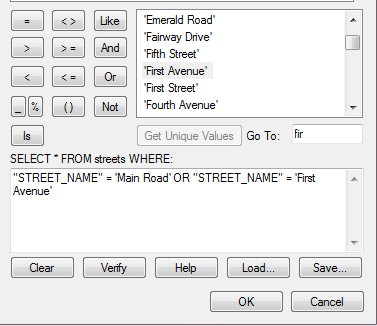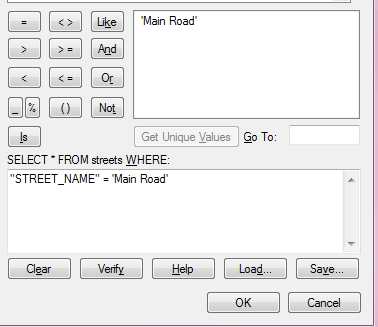In ArcMap 10, setting a definition query on a layer would display only the subset of features:

To add more features to the query would simply involve clicking Get Unique Values to list all the values for that field again:

The steps are the same in 10.1, except when I go to update the query by getting the unique values again, this happens:

The values window no longer shows all the values for that field in the feature class, it only shows the values which were set by the current definition query. I'm not sure if this was a deliberate change (I went from 10.0 SP5 to 10.1 SP1), but it seems that I now have to clear the current query, apply, then go back into the query builder for all values to become available again. Has anyone else encountered this issue?
